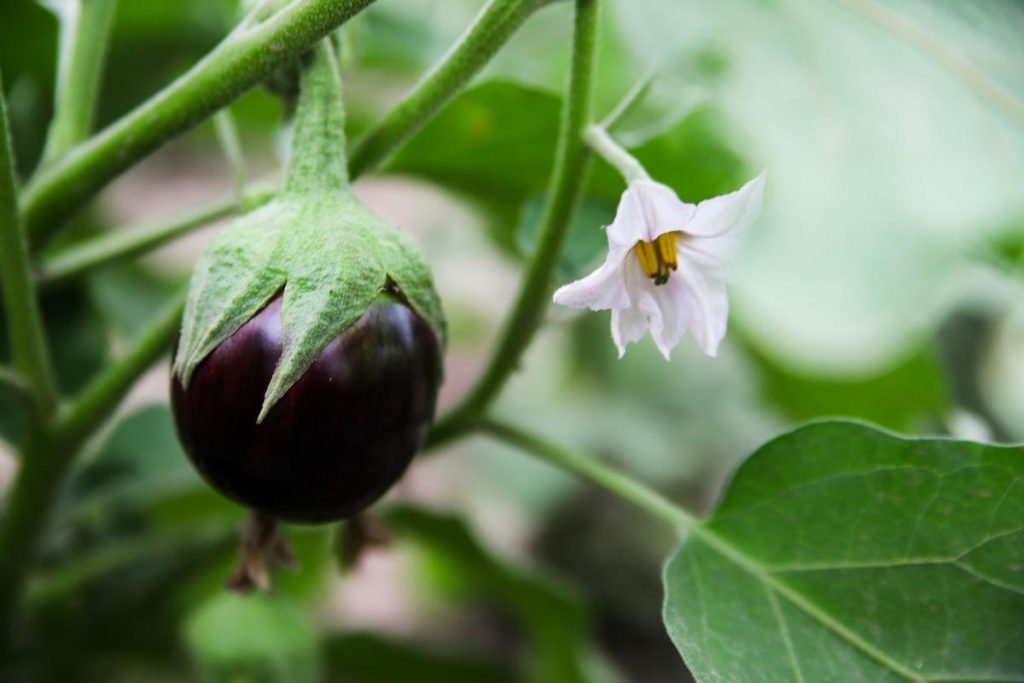Melvin Durai
In my next life, I want to be farmer. Farming is hard work, with no guarantee of making a good living, but let me tell you something from personal experience: there is something magical about sowing seeds, watching them germinate and eventually harvesting something that looks somewhat like food.
Whether it looks like food or not depends partly on your gardening skills, as well as your ability to keep pests away. But here’s something I can assure you: no vegetable will taste better on your plate than a vegetable you grew yourself.
I know this because I get immense pleasure from the small vegetable garden behind my home. This year, I’m trying to grow lettuce, coriander, basil, tomatoes, cucumber, chili peppers, brinjal, zucchini and watermelon.
I use the word ‘trying,’ because I haven’t been successful with a few of these vegetables or herbs. My lettuce plants look so miserable, even the rabbits have taken pity on them. “Oh, you poor things,” they say. “We’ll be praying for you at church this Sunday.”
My coriander plants are just as pitiful. They’re growing so slowly, they must be missing some important nutrients. Should I pour a glass of Horlicks on them? Maybe Boost will do the trick, or perhaps Complan.
Most of my other plants are doing fairly well. The brinjal plant has grown quite big and healthy. And who knows, one of these days it may decide to produce an actual brinjal. Perhaps I need to talk to it. According to a British study, plants respond favourably to low levels of vibrations from our voices. This means that you should always speak nicely to your plants. Even if they’ve done something naughty, like dropped all their leaves in public, you should never yell at them.
While I sometimes have the urge to scold a few of my plants, the watermelon plant isn’t one of them. This is the first time I’ve tried to grow watermelon, so I was quite excited when the vine produced its first fruit: a tiny watermelon that is now the size of a golf ball. I’ll be watching it closely over the next few weeks, hoping it grows as large as a beach ball. If the plant produces a few more watermelons, I might invite some friends over for a special watermelon party. I’ll get them all to sit around my garden and admire my watermelons.
“I grew those myself,” I will tell them, as I serve them some store-bought watermelon.
“Aren’t we going to eat any of yours?” one of my friends may ask.
“Oh no,” I’ll say. “They’re not for eating. They’re just for admiring.”
This is exactly how I felt about one of the tomatoes I grew last year. This tomato was huge—twice as large as any other tomato I grew. It was the Giannis Antetokounmpo of tomatoes. Giannis, a 6-foot-11 forward from Greece, is a two-time MVP (Most Valuable Player) in the National Basketball Association. If all the tomatoes got together and formed their own professional league, mine would undoubtedly be the MVT (Most Valuable Tomato).
I admired my tomato for a couple of weeks—while it was still green on the vine and after it turned red. I took photos of it: portrait shots of the tomato by itself and group shots of the tomato with its fellow tomatoes, while trying unsuccessfully to get them to smile. I debated whether I should create a Facebook page for my tomato. What about Instagram and Twitter? But I decided not to do so, because I did not want other gardeners to start following my tomato. I didn’t want them to get too envious.
Other gardeners may not be able to grow a tomato as big as mine, but that doesn’t mean they should hang their heads in shame. After all, their lettuce plants probably look much healthier than mine, and their brinjal plants are probably producing actual brinjals.
